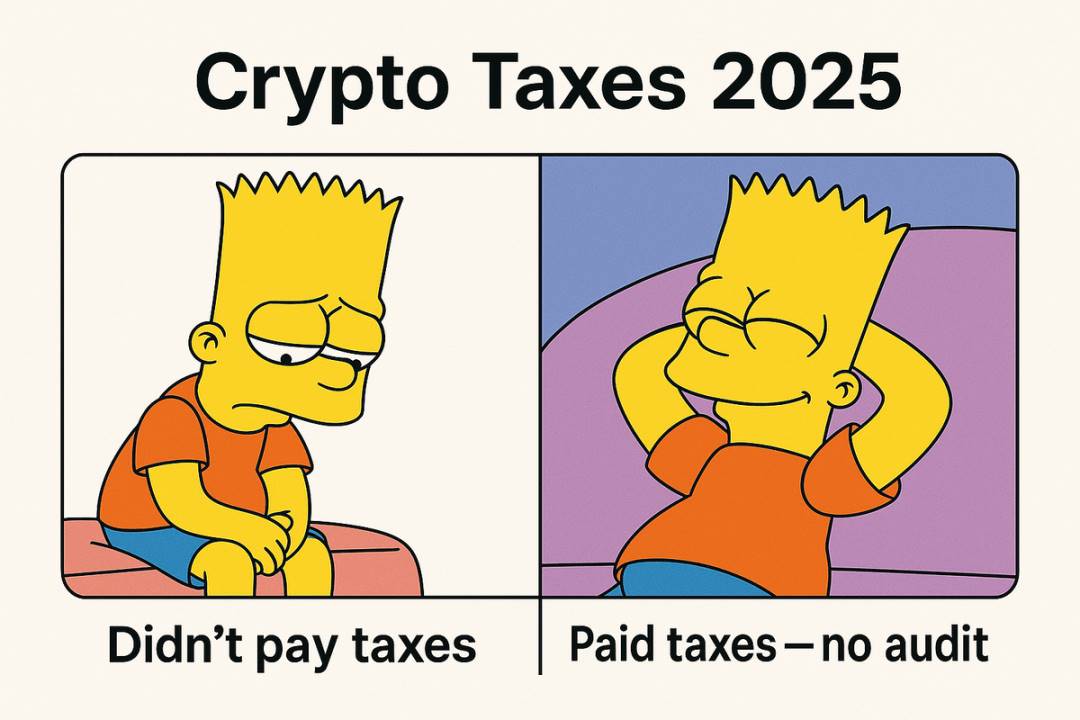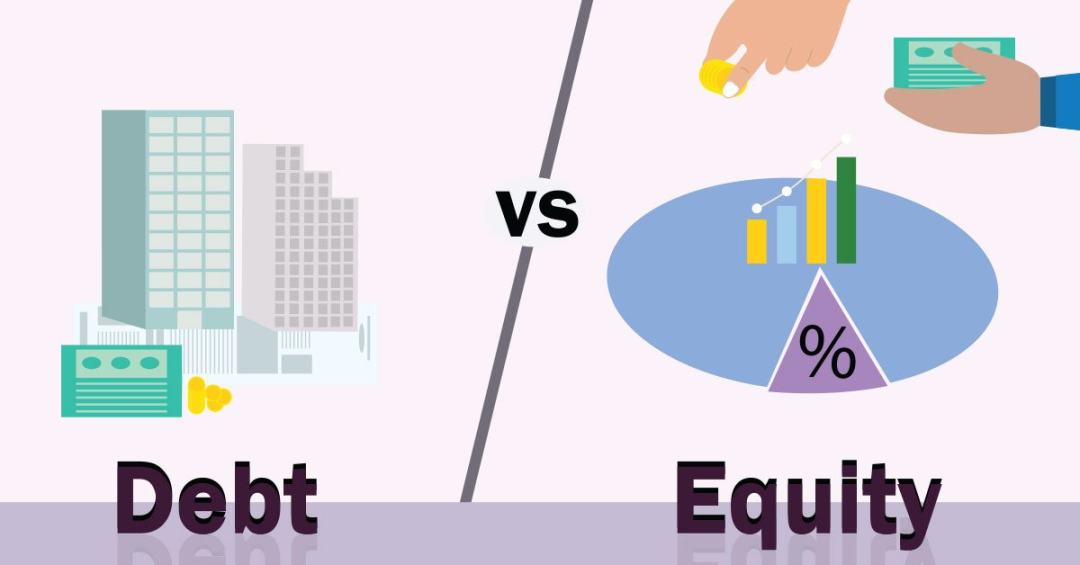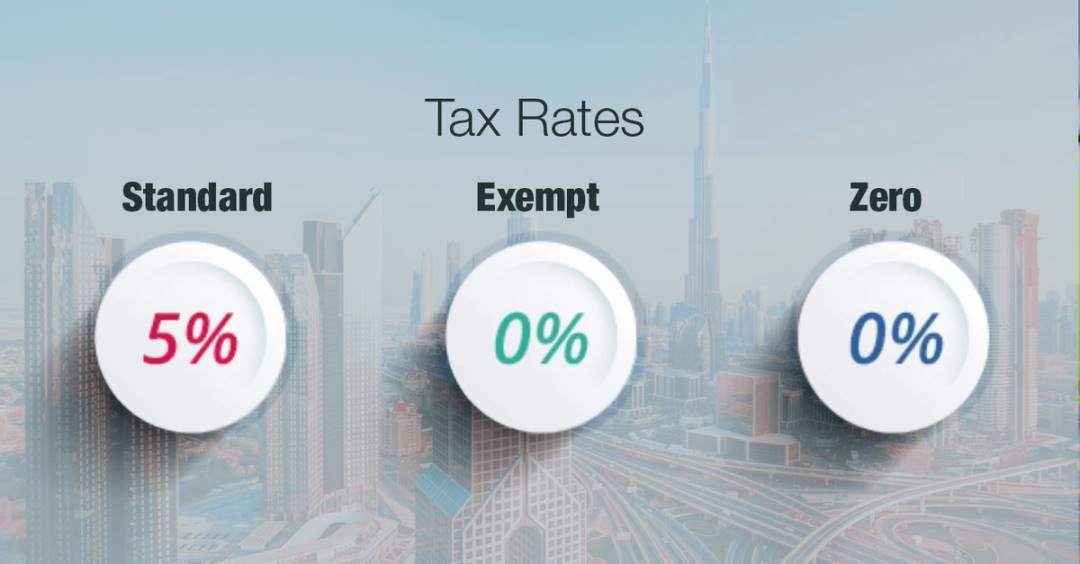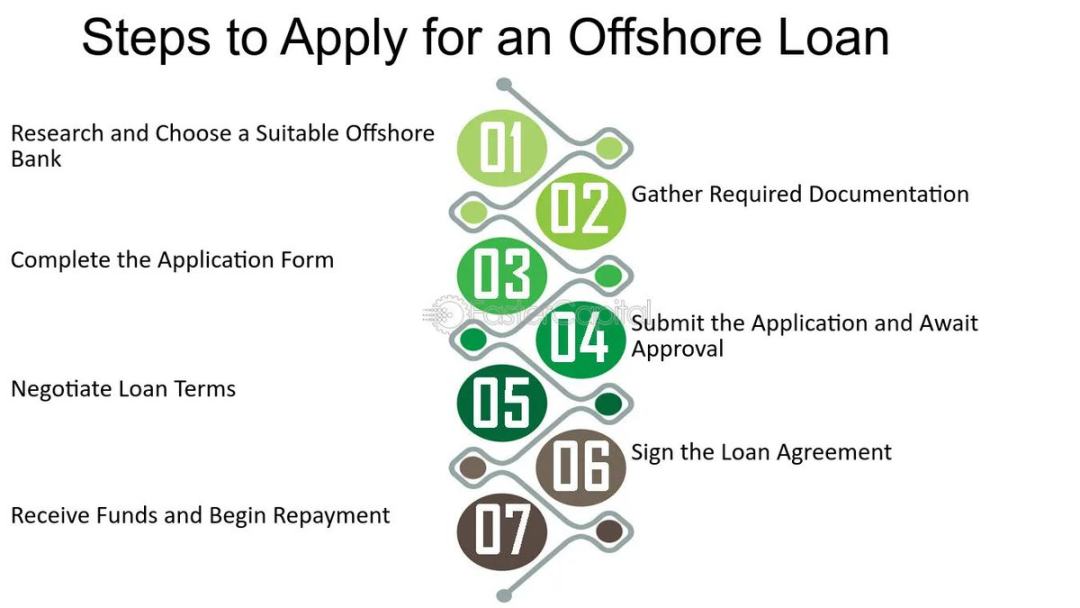Wealthy investors almost never sell cryptocurrency directly.
Written by: JetStart
Compiled by: Chopper, Foresight News
If you sell cryptocurrency the wrong way, over half of your profits could go to taxes. Imagine this: you made $200,000, but you have to pay $110,000 directly to the IRS. Here’s how wealthy investors legally keep their profits.

Making big money can lead to big trouble. Banks will scrutinize every transaction, and tax authorities will watch your every move. Even buying a car or a house can turn into a nightmare. Without proper planning, your profits can quickly disappear.
Strategy 1: Borrow Money Instead of Selling
Use your Bitcoin or Ethereum as collateral to borrow cash or stablecoins. This way, you can access funds without touching your holdings.

For example: with $1 million in Bitcoin and a 30% collateral rate, you can borrow $300,000. You can hold onto your tokens while obtaining funds tax-free.
The reason this method works is simple: loans are not considered income.
When borrowing, the IRS does not treat this as a taxable event. Your cryptocurrency remains under your control, avoiding capital gains tax.
Big players borrow money with low collateral rates for safety.
Strategy 2: Move Before Selling
Different countries have different tax rules for cryptocurrency gains. Moving to these places before cashing out could save you millions in taxes.

Popular choices include Puerto Rico (where the tax rate is 0% under Act 60) and the UAE (where both income and capital gains are tax-exempt).
Strategy 3: Use Offshore Entities
Establish a company in tax havens like the Cayman Islands, British Virgin Islands, or Seychelles. Hold cryptocurrency through the company rather than personally. When the company sells cryptocurrency, it does not trigger your personal capital gains tax. As long as the structure is set up correctly, this method is completely legal.
You don’t have to personally withdraw profits; your offshore company can lend you the funds. Loans are not considered income, so no taxes are due. You can use this money to purchase real estate, pay salaries, or invest.

Crypto whales benefit from this approach in several ways:
Personal wallets remain private and harder to trace.
Bank statements show loan repayments rather than taxable income.
On-chain activities can avoid leaving traces of direct cryptocurrency sales.
If structured properly, taxes can be legally minimized or even eliminated.
Conclusion
Wealthy investors almost never sell their cryptocurrency directly. They protect their profits through collateralized loans, immigration strategies, and offshore entities. Understanding these rules is more important now than ever.
免责声明:本文章仅代表作者个人观点,不代表本平台的立场和观点。本文章仅供信息分享,不构成对任何人的任何投资建议。用户与作者之间的任何争议,与本平台无关。如网页中刊载的文章或图片涉及侵权,请提供相关的权利证明和身份证明发送邮件到support@aicoin.com,本平台相关工作人员将会进行核查。




